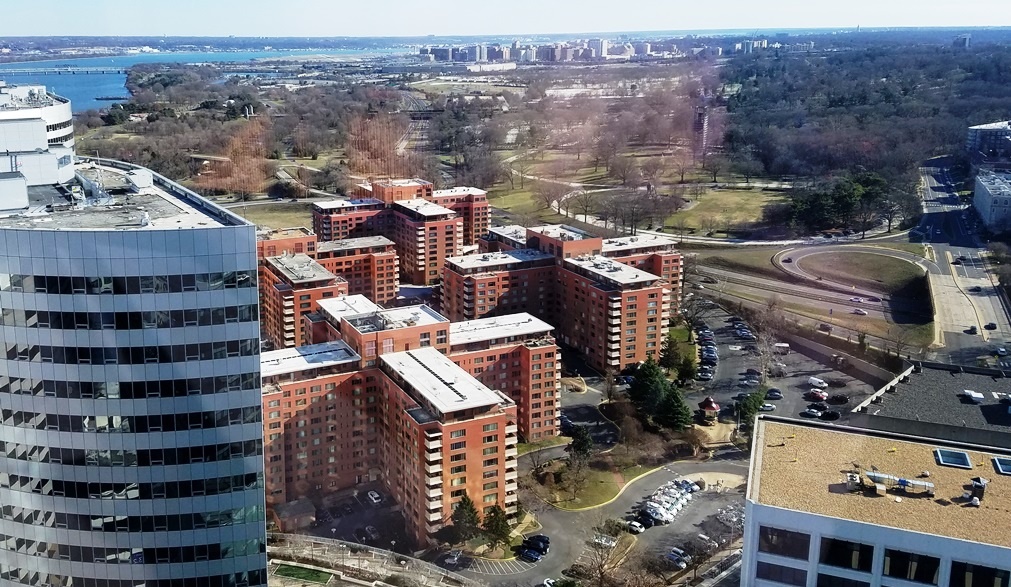Here in Arlington County, Virginia (where REVITALIZATION is published), the county—which was the birthplace of the Smart Growth movement—is continuing its commitment to boost its already-high quality of life via environmental sustainability and community health programs.
The latest evidence of this came this month (March 2020), when it was accepted as a partner in the Biophilic Cities Network. The network includes cities around the globe that are dedicated to improving the connection between residents and urban nature.
“In an increasingly urbanized world, cities must support a varied ecosystem that benefits people and the diverse species we live with,” said Arlington County Board Chair Libby Garvey. “Scientific evidence shows that people are happier, emotionally and physically healthier, and more productive when they work and live close to nature.”
A biophilic city extends the idea of biophilia, or human’s innate connection with nature, to urban environments, where most of the world’s population will live in the future. By 2050, twice as many people will live in cities as in rural areas, and 60 percent of those people will be younger than 18.
A biophilic city places nature at the core of its planning and design and works to create abundant opportunities for people to learn about, interact with and connect with this nature. Biophilic cities have a strategic perspective on plans, policies, programs and resource allocation.
Arlington County understands the importance of daily contact with nature to a meaningful and healthy urban life. As a partner in the network, Arlington will work to conserve and celebrate nature in all its forms through mindful urban planning, design and programming.
Arlington is a national leader with its Smart Growth, Arlington Initiative to Rethink Energy (AIRE) and Car Free Diet programs. In addition, the County recently passed the Public Spaces Master Plan with 214 specific recommendations and strategies that provide a framework for protecting valuable natural resources, creating opportunities for structured and casual activities, and ensuring access to the Potomac River, Four Mile Run, and their tributaries.
Joining the Biophilic Cities Network is one of those strategies.
“Research is providing so many good reasons for communities to better embrace nature,” added Garvey. “Now is the time to develop better systems and practices so that future generations of Arlingtonians benefit.”
Biophilia applies to a broad range of contexts, including land use, site plan development and infrastructure. It influences the scope and delivery of public services, public information, education and recreation. Biophilic cities also provide programs and educational opportunities for individuals to learn, grow and experience nature in all its varied forms.
Next Steps
As a Biophilic City Network Partner, Arlington will strive to apply biophilic principles to its current and future policies and practices. The principles would not only influence public space projects in County parks and right-of-way but also private development. Arlington will track its progress over the next year using the following indicators:
- Expanded natural elements within Arlington’s built environments, as well as conservation of our natural resources;
- Equitable access to green spaces, parks and other natural elements;
- Creation of publicly accessible urban nature projects;
- Education opportunities for the community, including residents and developers, about the benefits of biophilic principles to further the presence of nature in our buildings, facilities, homes and public spaces; and
- Expand biophilic planning and design principles throughout existing planning policies and processes, such as comprehensive plan elements, sector plans and multimodal transportation plans and projects.
Photo of Arlington National Cemetery and Potomac River from the Rosslyn area of Arlington County is by Storm Cunningham (2020).

